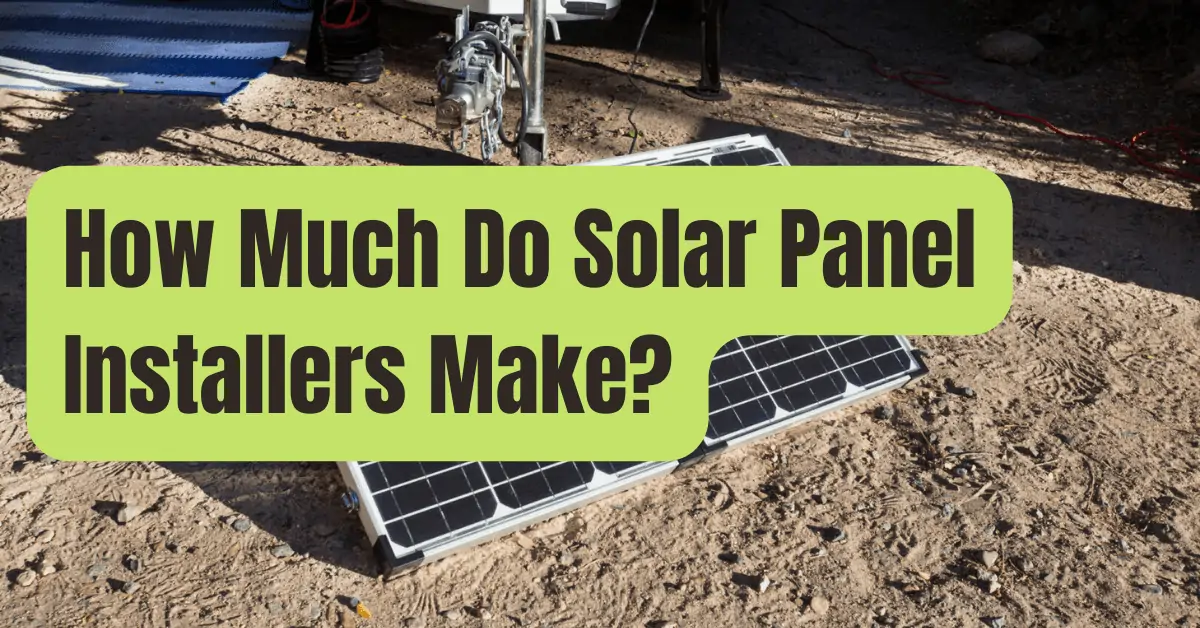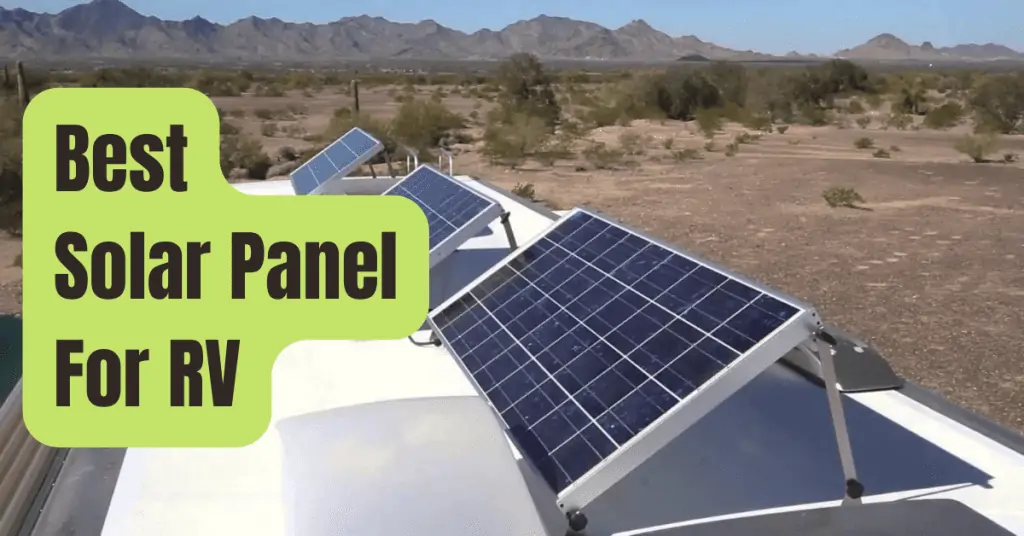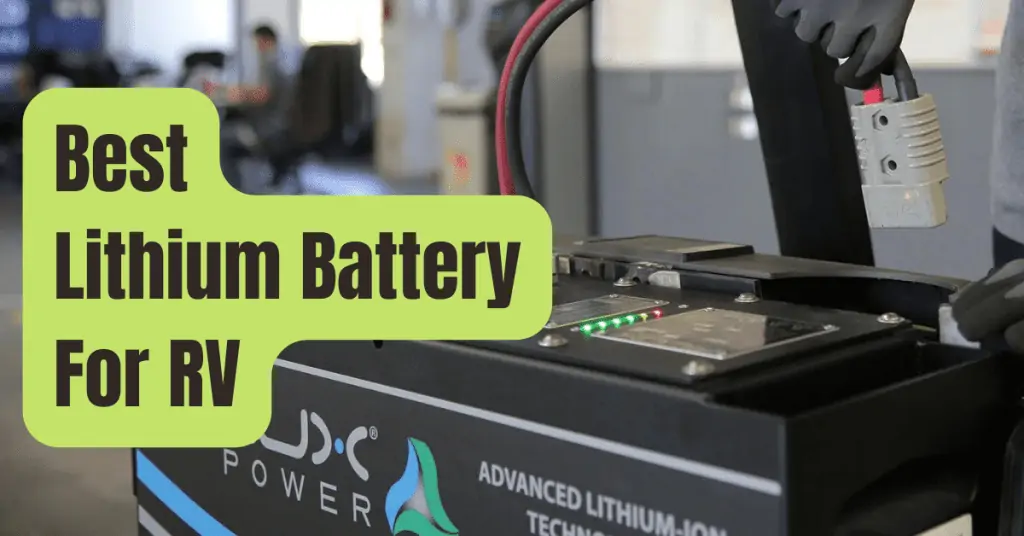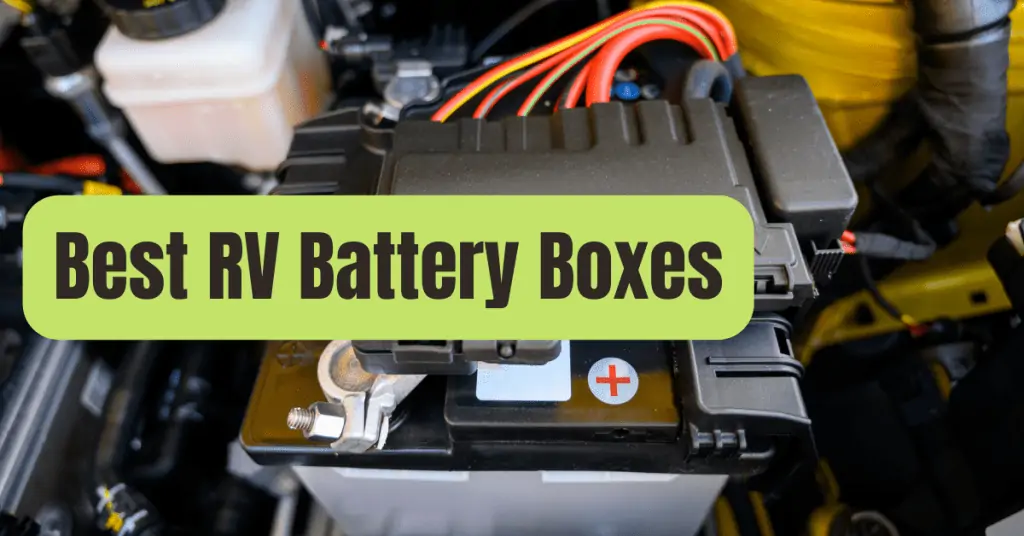Perhaps the fastest-growing industry in our decade is solar energy.
Because of this, experts with a wide range of experiences are beginning to consider solar as a new career.
When someone considers changing jobs, money is often one of their top priorities.
And given that solar installation is the most newsworthy profession, you may be interested in learning how much a solar installer makes.
Let’s investigate it even if this shouldn’t be the main motivation for beginning a new job.
Let’s agree on the basics of what it takes to be a solar installation first.
Job Description for Solar Installers
Installers of solar photovoltaic (PV) systems put together, set up, and maintain solar panel systems on buildings or other surfaces in accordance with site evaluations and schematics.
This might include measuring, cutting, putting together, and fastening solar panels and structural structure.
They could also carry out simple electrical tasks like testing currents.
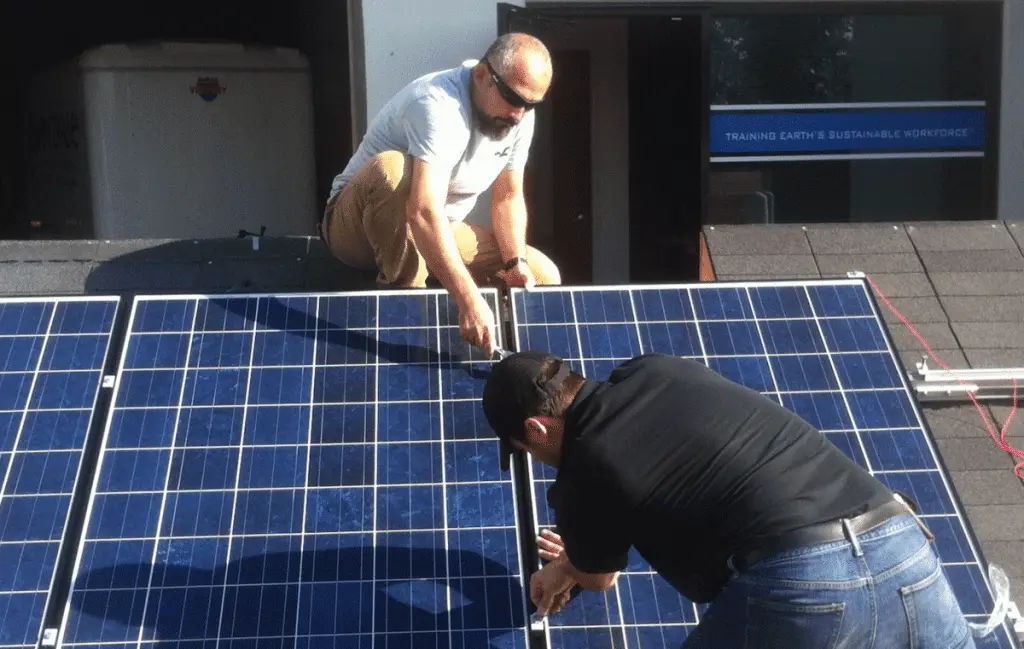
Additional job titles for this position include Apprentice, Electro-Mechanical Solar Technician, Installer, Journeyman Electrician PV Installer, Lead Installer, Photovoltaic Fabrication and Testing Technician, Photovoltaic Fabrication Technician, Photovoltaic Installation Technician, Photovoltaic Installer, and Photovoltaic Panel Installer (PV Panel Installer).
Installer Fees for Solar Panels
There are at least eight separate salary-related websites that reference numbers that fall within this range.
This predicted solar installer income range is consistent with findings from Indeed.com’s analysis of 1,837 workers, users, and historical and current Indeed job postings over the last 36 months (last updated 7/12/21).
According to Indeed.com, the U.S.
These figures might alter based on
- Education
- Experience at Work
- Certifications/licensure
- Location
We’ll go into detail about each element below.
The minimum wage may vary by jurisdiction, and salaries and perks may range depending on the company, as with any employment, it is vital to mention.
To find out your exact wage, speak with your potential employer.
Education
A community college or technical institute like Everblue is where the majority of solar panel installers obtain their training.
To learn about power, safety, panel layout and design, and solar installation method, many people enroll in solar training courses.
Installers with an electrical background or those with a general construction certification might earn substantially more money than newcomers who switch careers.
Experience at Work
Payscale.com claims that experience has a significant impact on salary for this position.
If they have more than 10 years of experience, the majority of individuals change careers.
Certifications/Licensure
State-specific standards for certification and licensing of solar installers exist.
A passing score on a state licensing test or third-party solar certification are becoming requirements in an increasing number of places.
The North American Board of Certified Energy Practitioners (NABCEP) accreditation is necessary for numerous occupations, especially big commercial installations and residential installations, according to the U.S.
Bureau of Labor Statistics.
Location
A 2019 post from money.usnews.com included regional solar installation wage data.
For solar PV installers, the most paid cities were:
In fact, the salaries in all of the cities in 2016 were less than those in 2019.
This demonstrates that solar installers’ incomes are continuing to grow.
According to data conducted by Recruiter.com, the following states provide the top salaries:
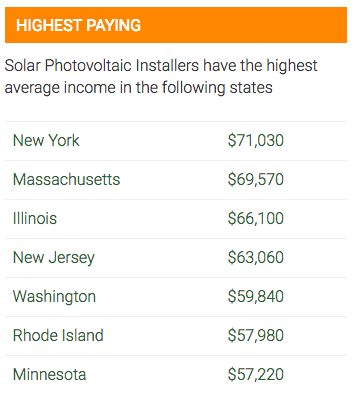
As a general guideline, show potential employers that you are diligent, dependable, and informed.
When you enter a job with electrical knowledge and NABCEP Certification, you’re off to a good start.
You’ll show your devotion to the firm and loyalty if you remain on the work for more than a year.
You may also be eligible for incentives, raises in pay, and promotions.

